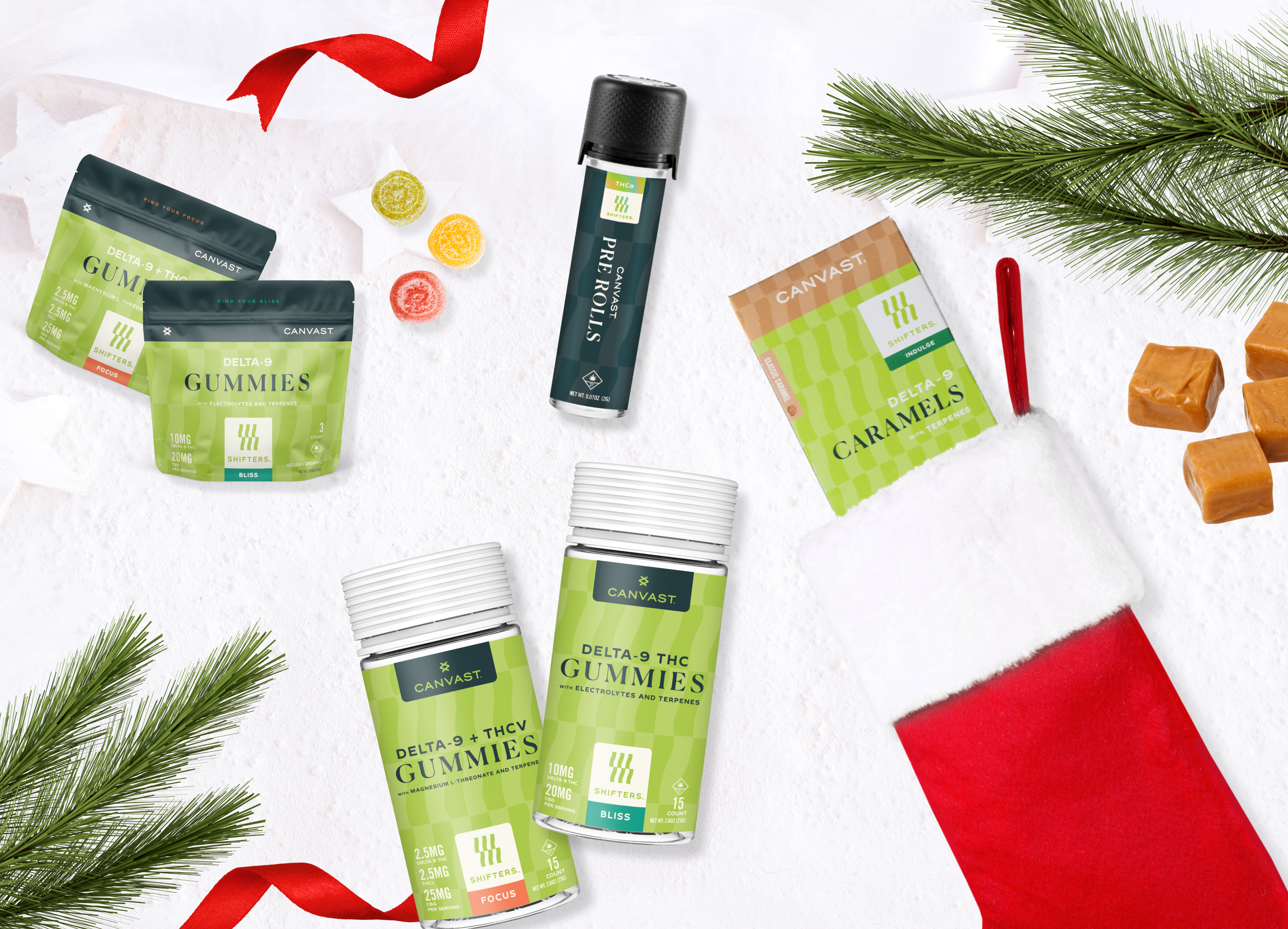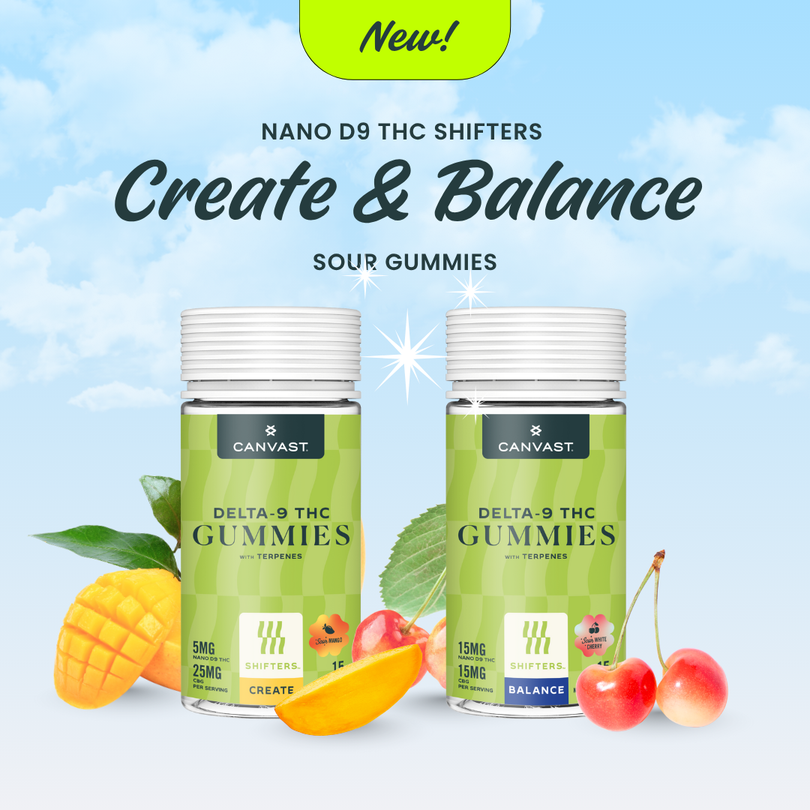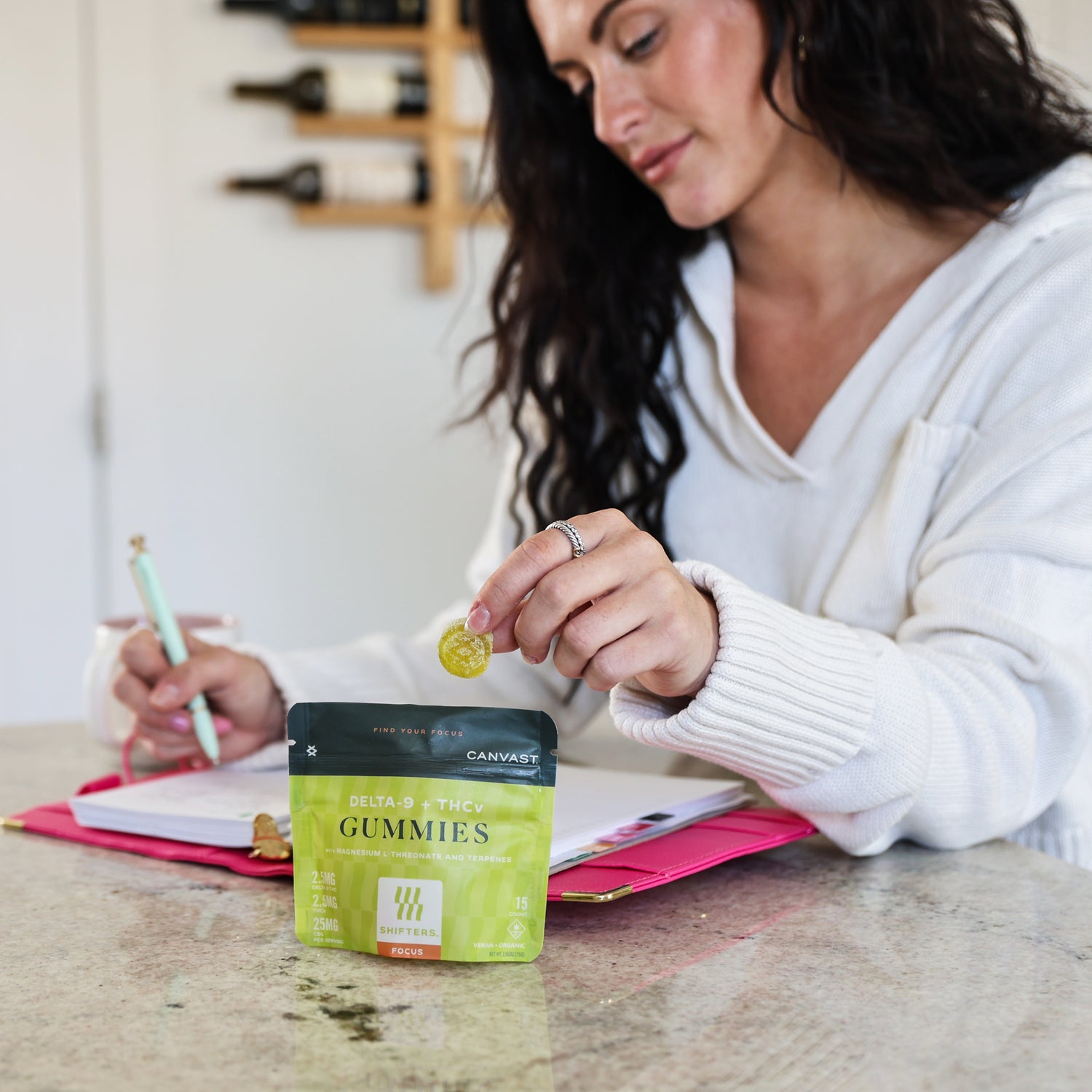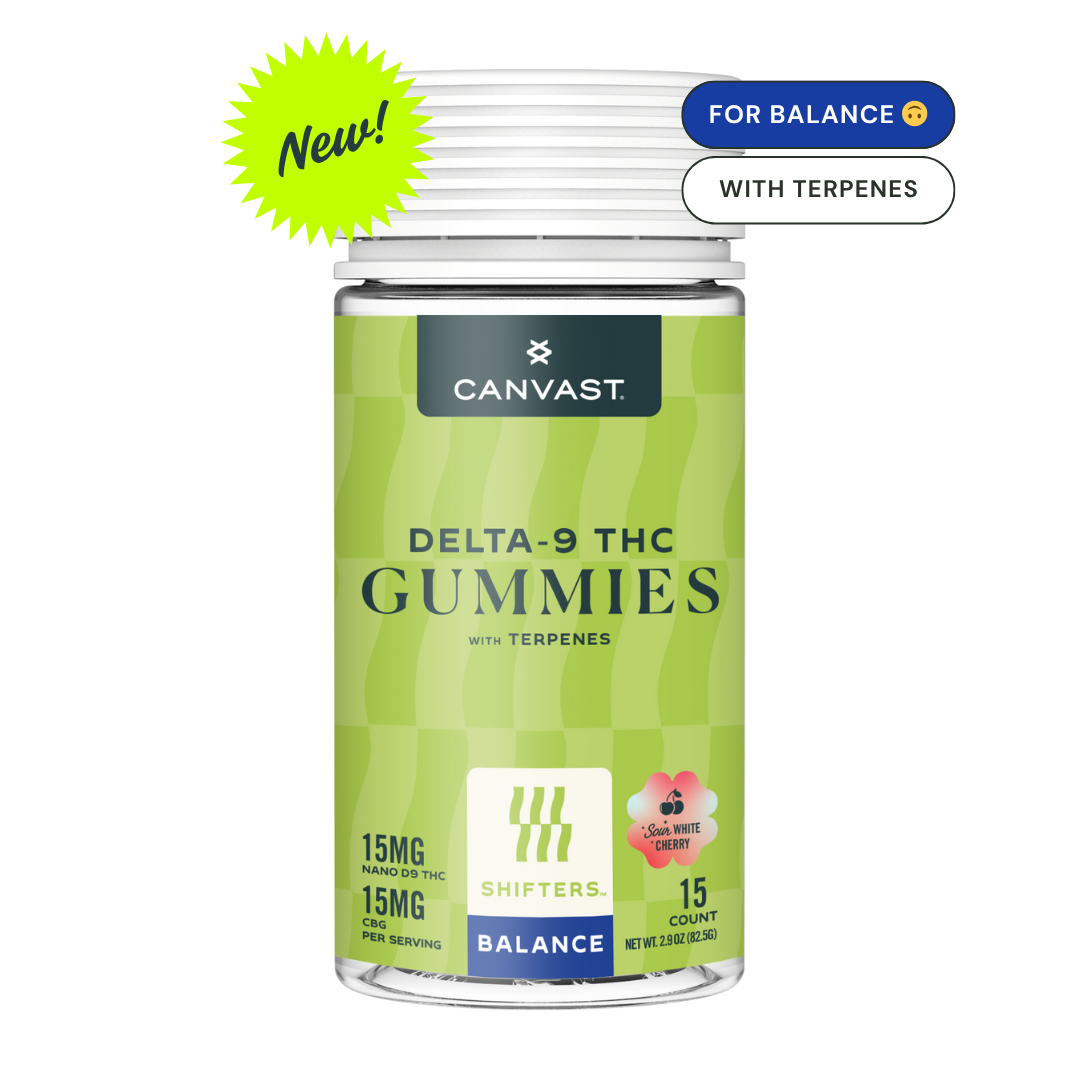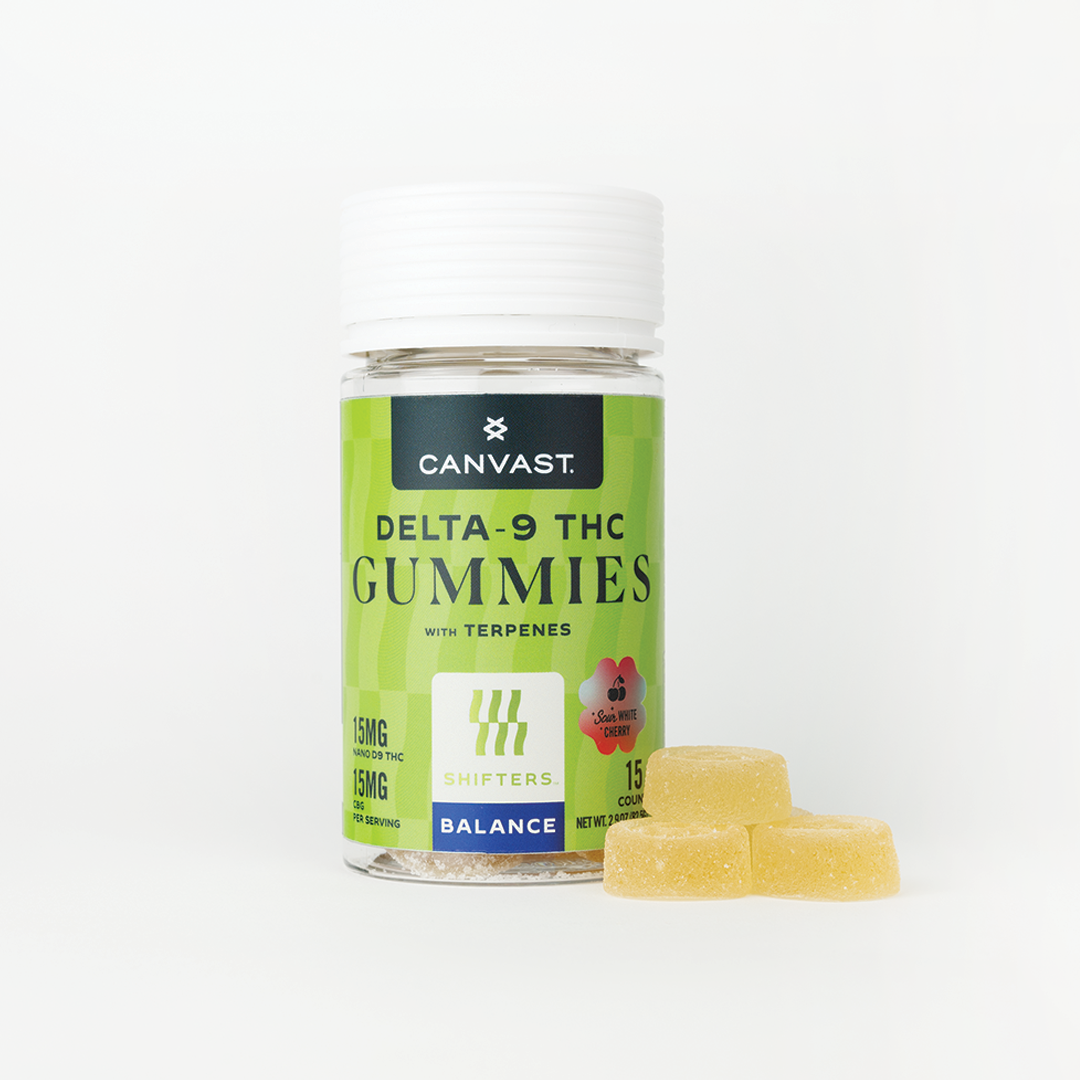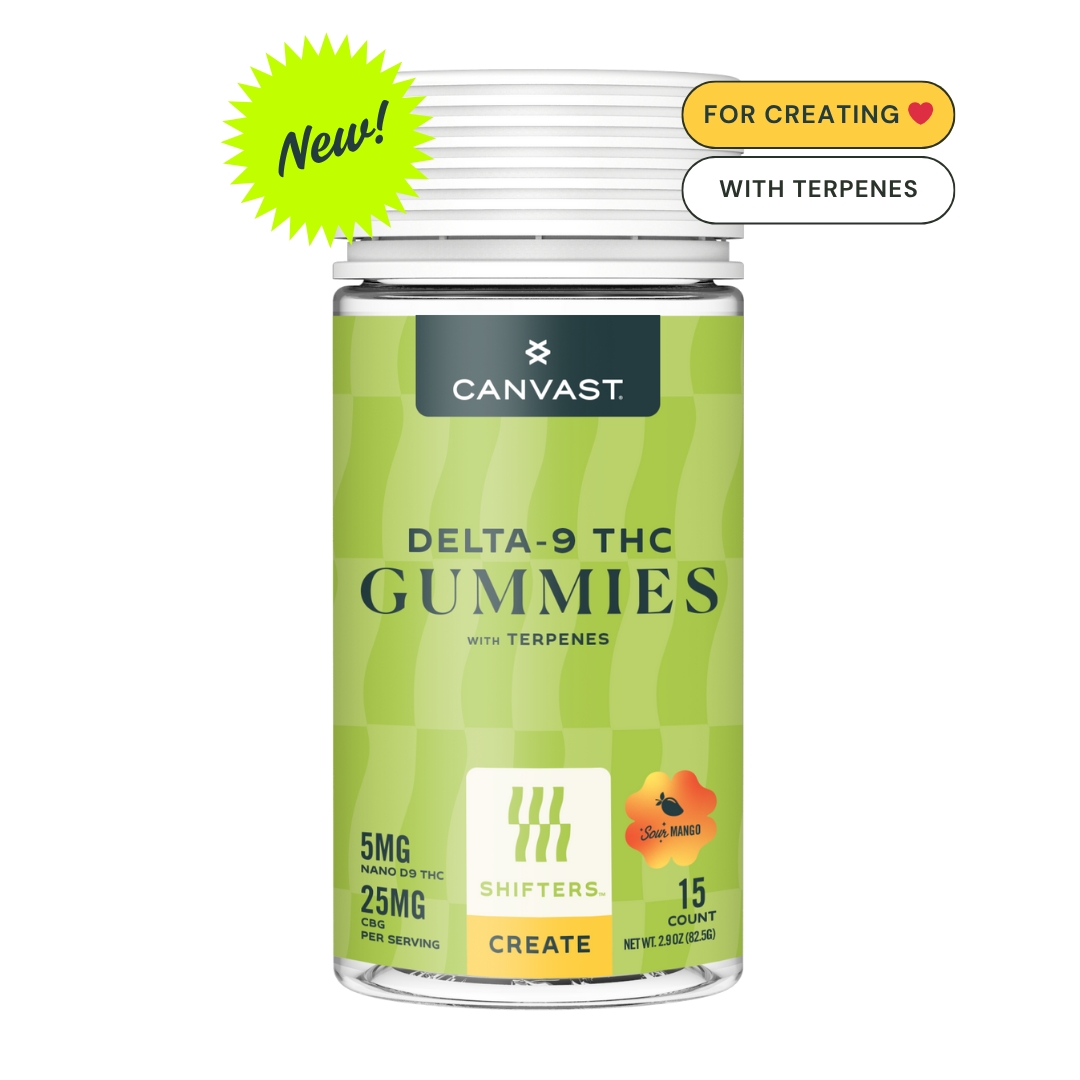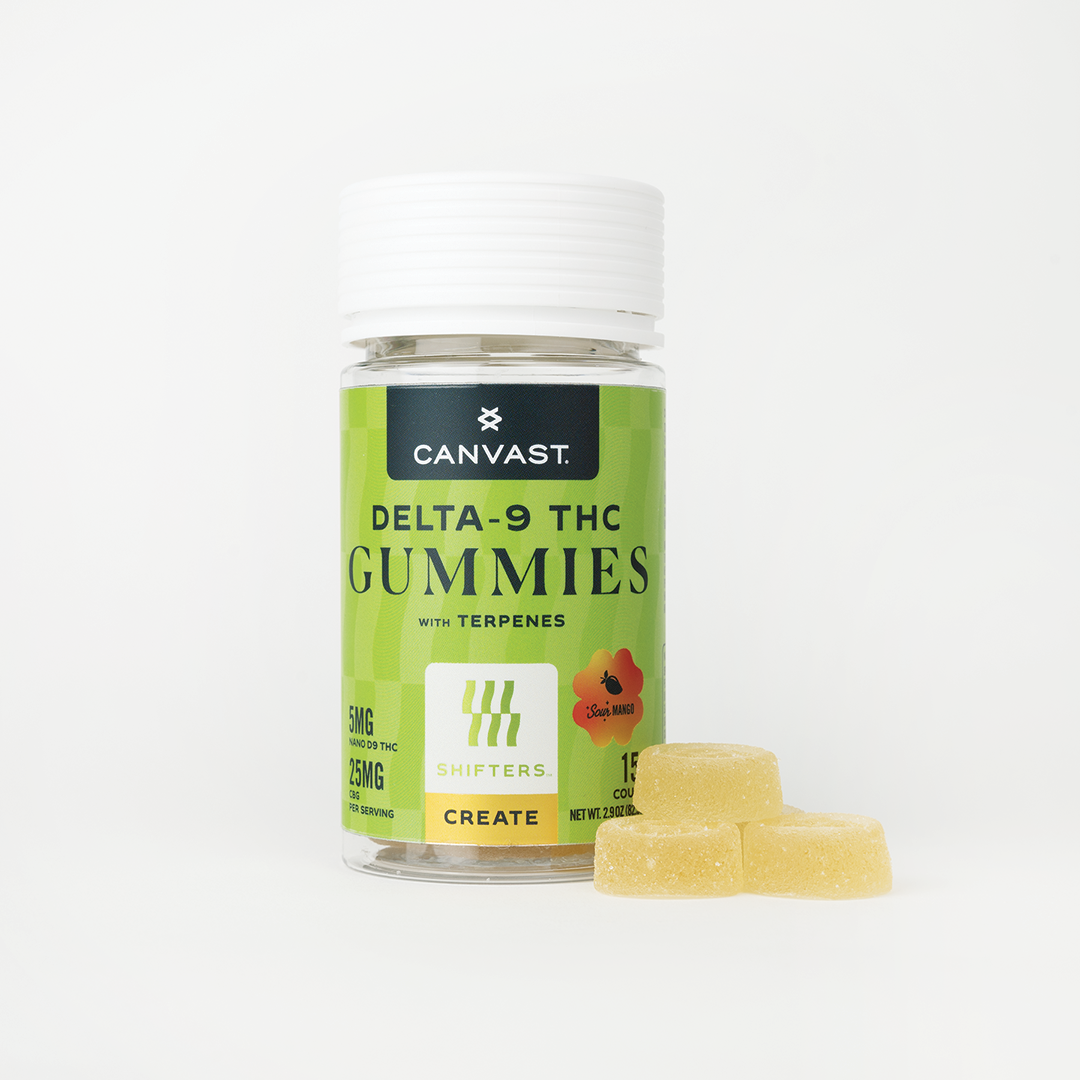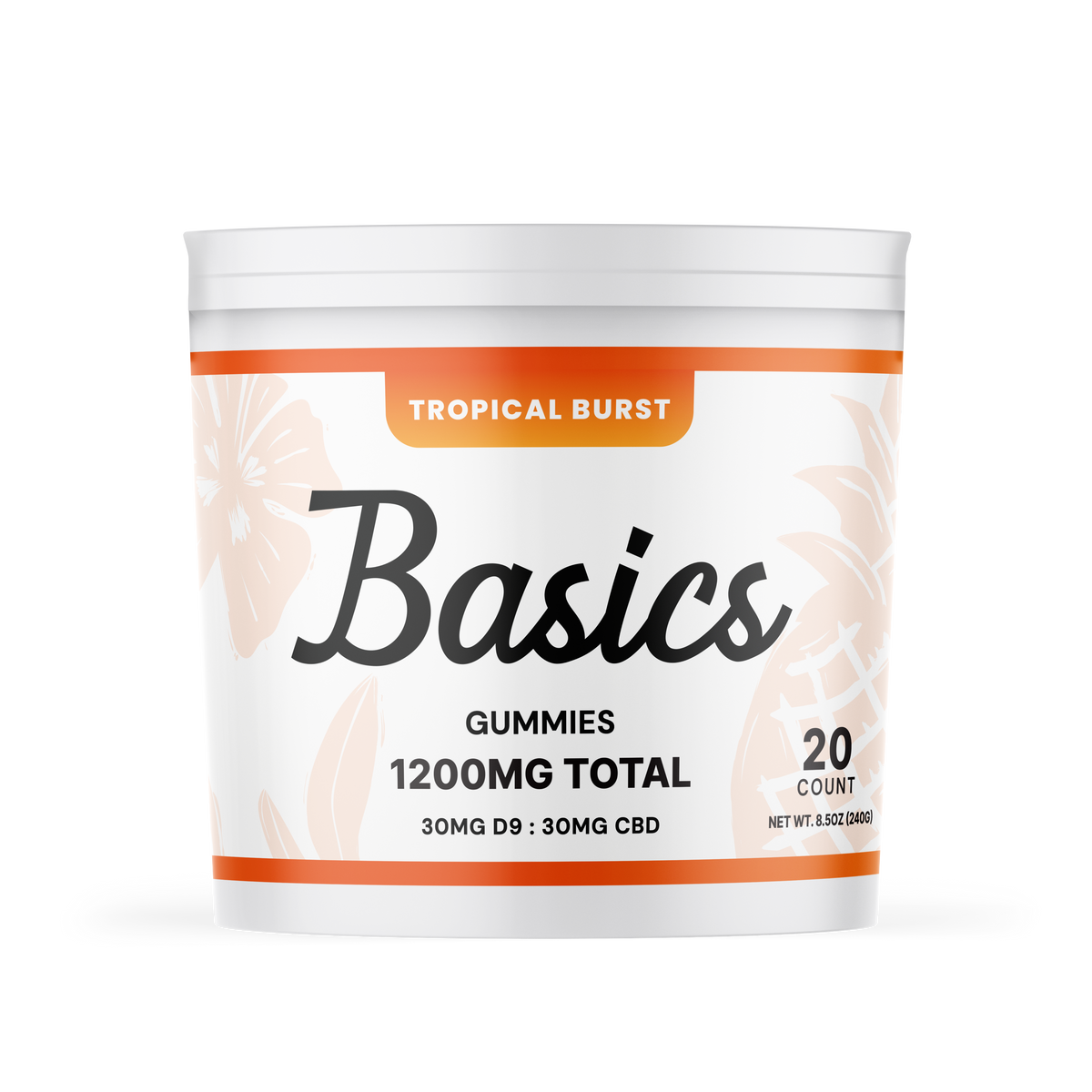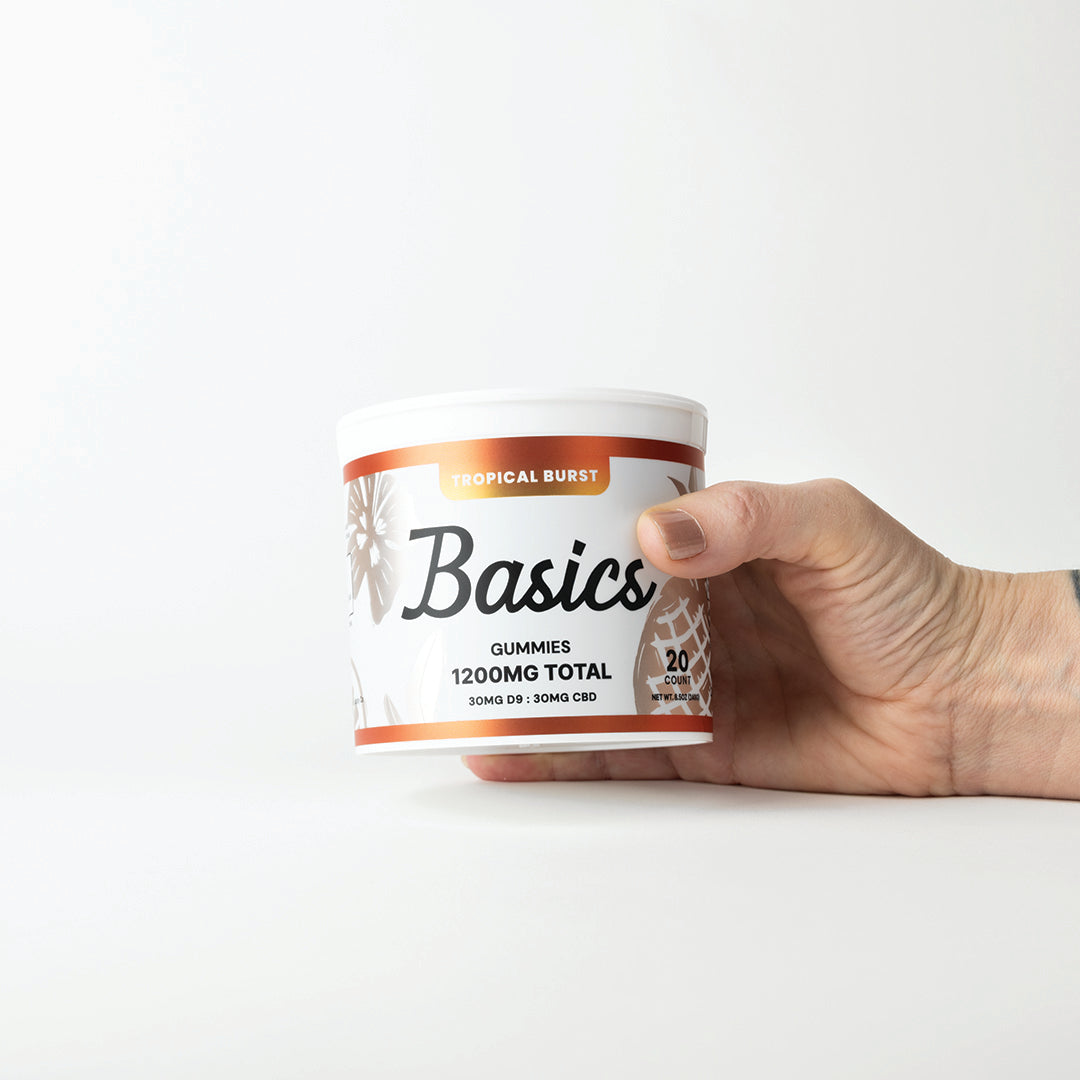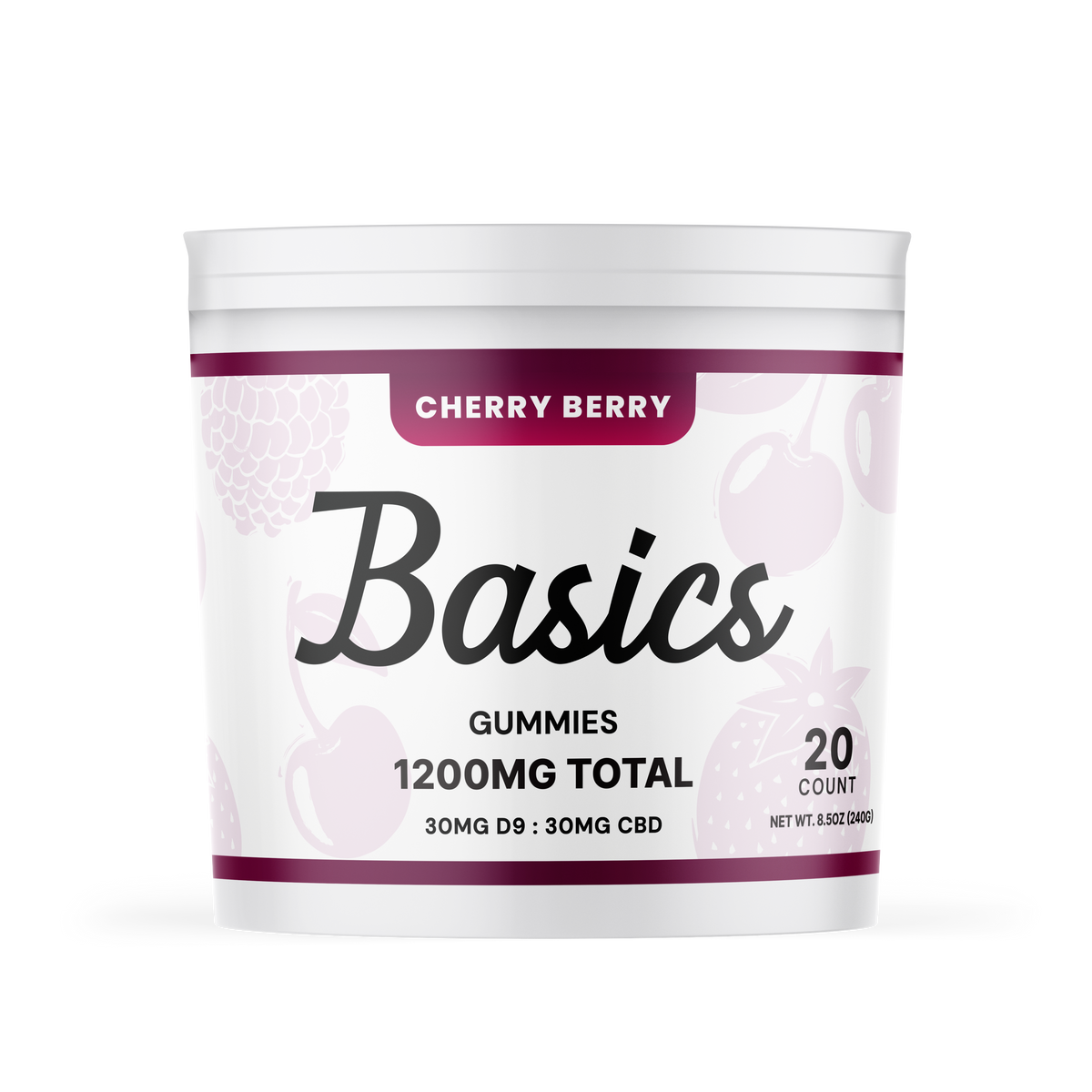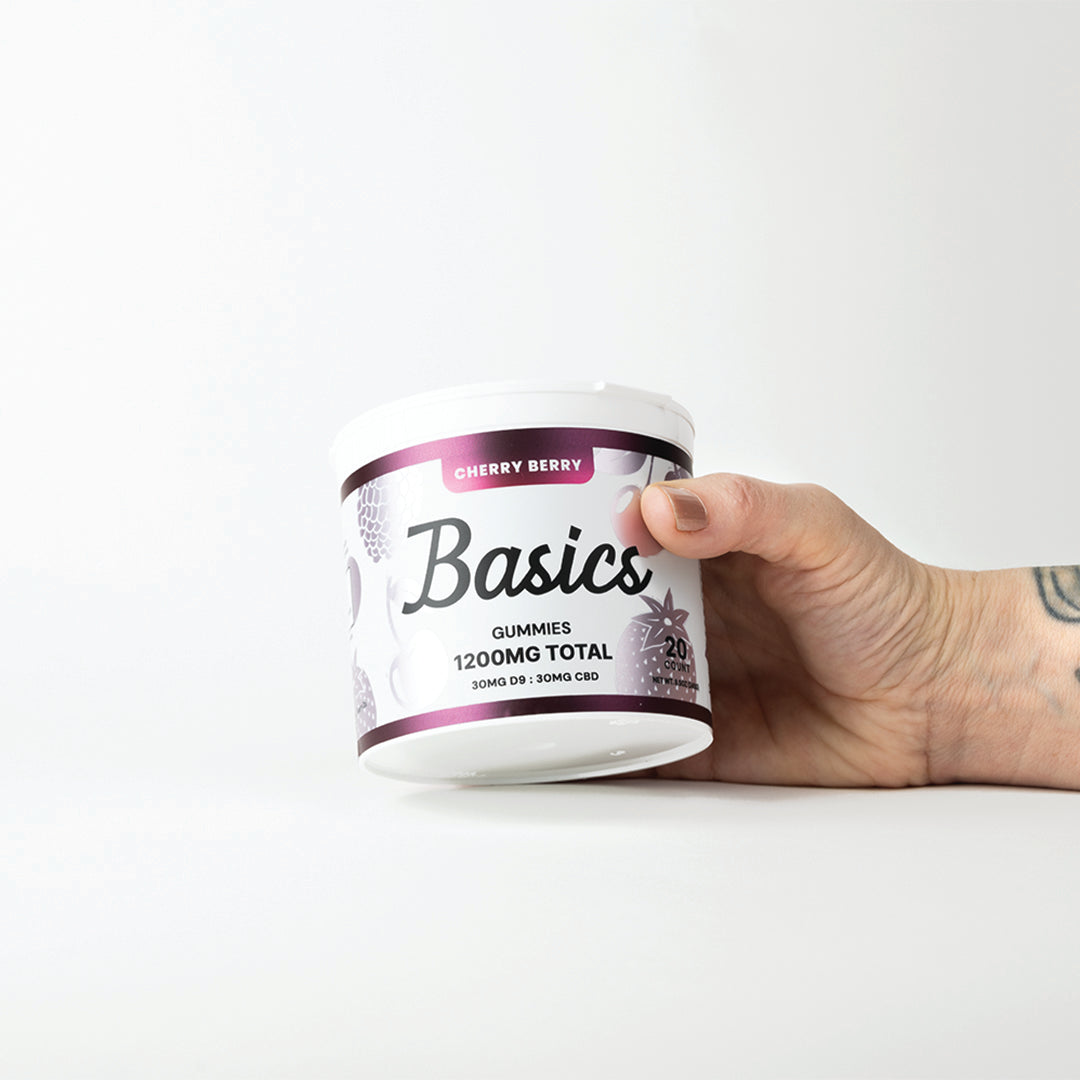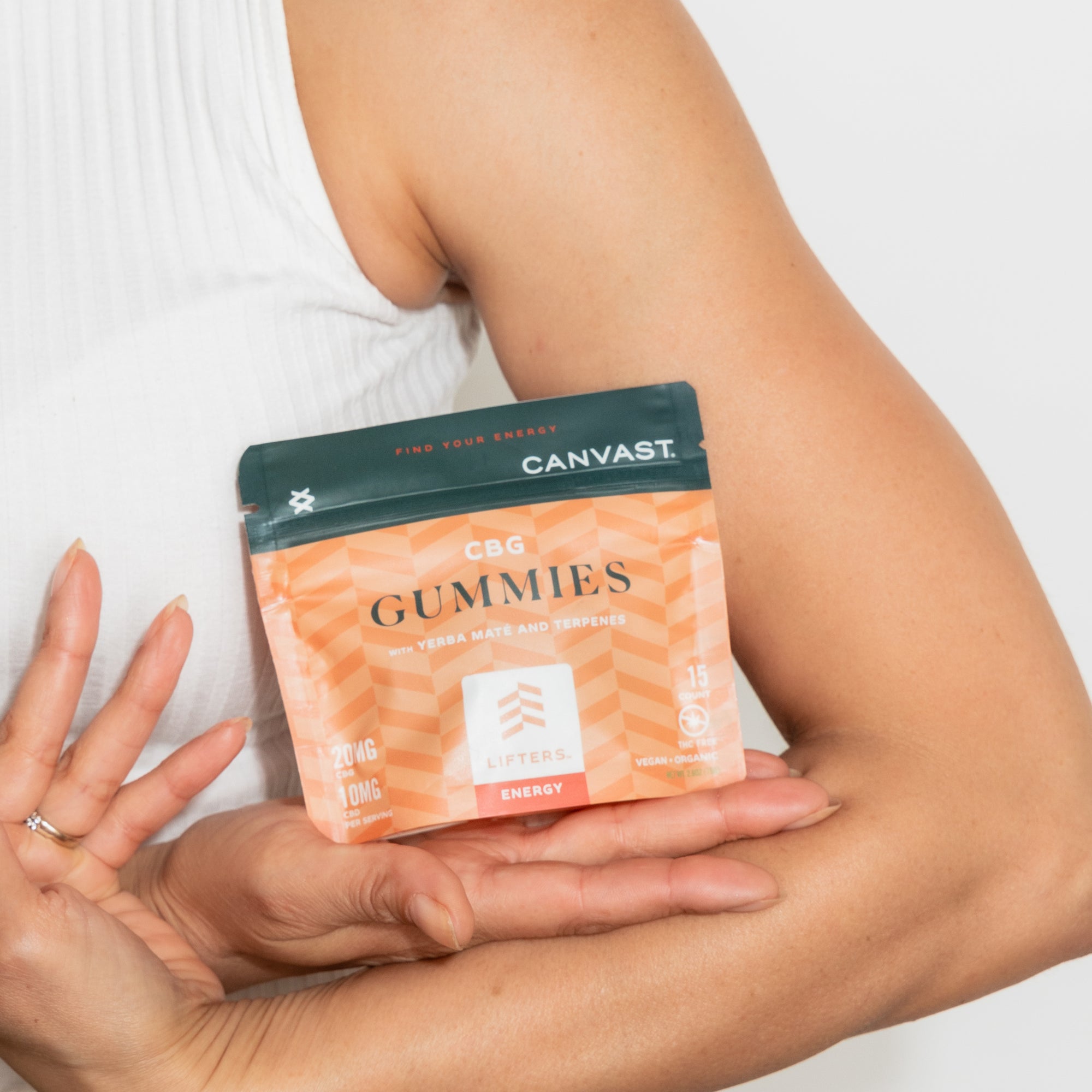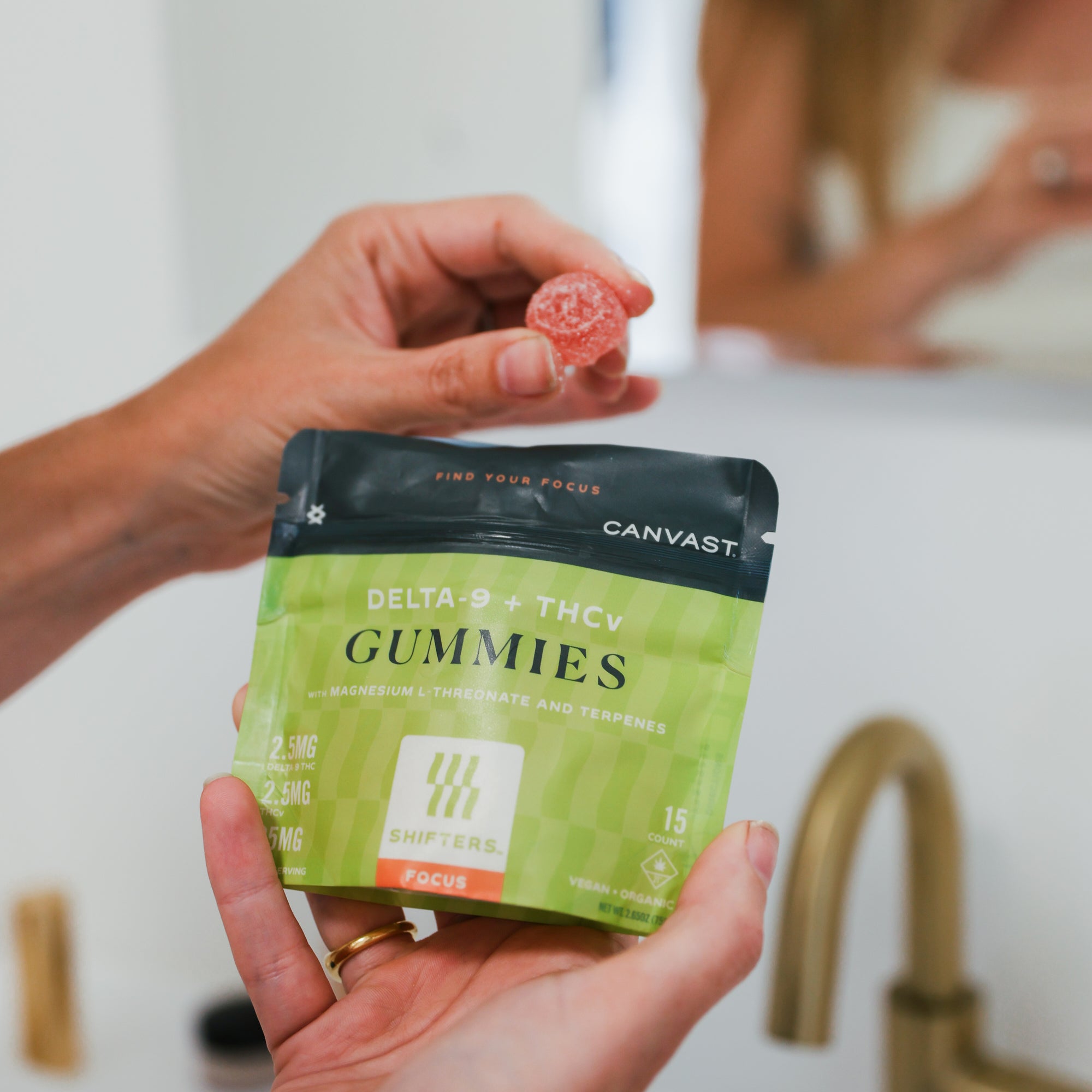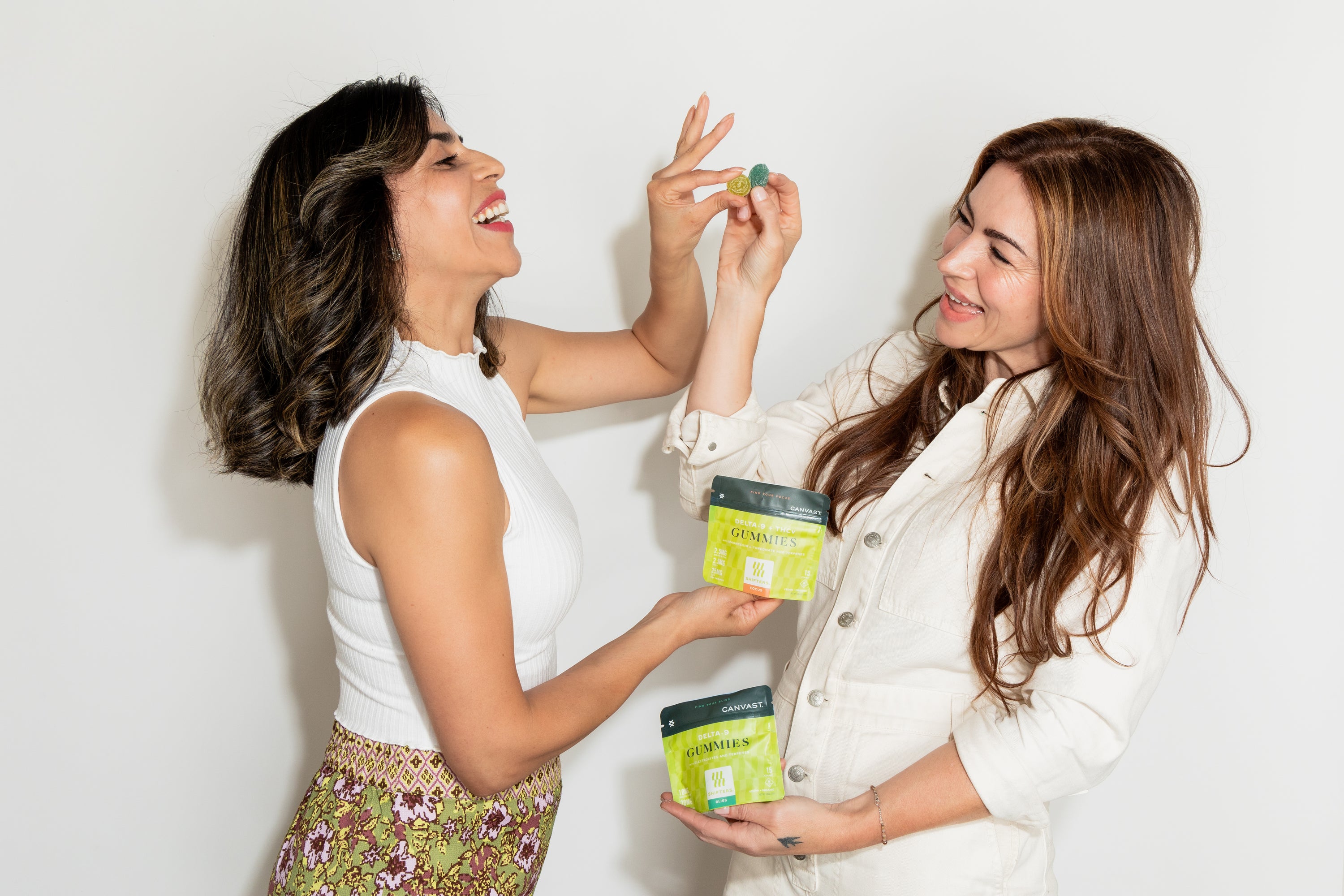Here, you'll find answers to all the most frequently asked questions from our website. Whether you're a new visitor looking for information or a returning user in need of clarification, this blog is your one-stop resource. We've organized the content to ensure you can quickly find the information you need, making your experience with us as smooth and informative as possible. Dive in and get all your questions answered

What are hemp-derived cannabinoids?
Cannabinoids are compounds found in the hemp/cannabis plant. Hemp is known for its therapeutic and healing properties. Hemp derived cannabinoids work naturally with the body's endocannabinoid system and may help to promote calmness, clarity, and daily relief. Cannabinoids most commonly used are CBD (Cannabidiol), CBN (Cannabinol), CBG (Cannabigerol), Delta-8 THC and Delta-9 THC.
What Does Hemp Do?
Hemp is known for its therapeutic and healing properties. Hemp works naturally with the body's endocannabinoid system and may help to promote calmness, clarity, and daily relief. Hemp derived cannabinoids allow the body to reach a level of homeostasis. Hemp can also be used as a fuel and textile resource.
How are Delta-9 THC and Delta-8 THC Edibles Legal?
Delta-9 THC, also known as ∆-9-tetrahydrocannabinol (∆-9-THC), is one of the main and most known cannabinoids present in cannabis. D9 THC has long been recognized as a psychoactive ingredient and can provide many therapeutic opportunities.
This cannabinoid was made legal under the 2018 Farm Bill, but only in certain instances. The Farm bill states that a product containing less than 0.3 percent THC by dry weight is legal. Therefore, the main distinction between hemp and federally illegal marijuana is the level of ∆ 9-THC the product contains. Because of this dry weight rule, we are able to fit a certain amount of Delta 9 in our products while remaining federally compliant with the 2018 Farm Bill.
What is Delta 8?
Delta-8 THC, or tetrahydrocannabinol, is a naturally occurring cannabinoid or phyto-derived found in cannabis. Delta-8 THC is classified as an isomer of CBD and Delta-9 THC. An isomer is a compound with the same formula but a different arrangement of atoms and different properties. Delta 8 THC exists naturally in small quantities but can be produced by converting CBD or Delta 9 THC through a chemical reaction typically using heat, altered pH environments, and/or solvents via an exothermic reaction. The chemical differences between the two forms of THC are very small, however they do interact with your brain and ECS receptors very differently. Delta 9-THC is classified as an agonistic compound while Delta 8-THC is antagonistic. Agonistic compounds may enhance or replicate the effects your brain is already experiencing while antagonistic does not. This is very important to mention to those who state THC makes them anxious or paranoid - it is this difference that may allow for a more enjoyable experience with Delta 8 THC.
What is Delta-9?
Delta-9 THC, also known as ∆-9-tetrahydrocannabinol (∆-9-THC), is one of the main and most known cannabinoids present in cannabis. D9 THC has long been recognized as a psychoactive ingredient and can provide many therapeutic opportunities.
This cannabinoid was made legal under the 2018 Farm Bill, but only in certain instances. The Farm bill states that a product containing less than 0.3 percent THC by dry weight is legal. Therefore, the main distinction between hemp and federally illegal marijuana is the level of ∆ 9-THC the product contains. Because of this dry weight rule, we are able to fit a certain amount of Delta 9 in our products while remaining federally compliant with the 2018 Farm Bill.
How will Lifters™ make me feel?
Lifters™ highlights our CBG and CBD products utilizing uplifting ingredients and companion botanicals. Lifters™ effects may include feeling energized, focused, and uplifted. Lifters™ can be enjoyed at any time to seize the day, worry, and carefree.
How will Drifters™ make me feel?
Drifters™ highlights our CBN and CBD blended products. Drifters™ effects may increase your sense of calm and promote relaxation. Drifters™ can be used in the evening to help wind down from a long day or support deep rest and recovery.
What do Shifters make me feel like?
Shifters™ highlights our Delta-8 THC and Delta 9 THC blended products utilizing unique supporting ingredients. Shifters™ effects may increase a sense of euphoria. They are perfect to shift your perspective and are sure to bring the party. Shifters™ can be used any time of day to spark giddiness, and provide an increase in creativity, some also use Shifters™ for deep rest.
What are the differences between smokables and edibles?
The difference between smokeables and edibles is most notably the on-set and off-set experience. Smokables have a quicker on-set (absorption of cannabinoids into your bloodstream) from the smoke interacting with the blood vessels in your lungs, however has a quicker off-set due to the way it’s processed by your body. Smokeables are great if you’re looking for quick relief but don’t need the effects to be long lasting. Edibles have a slower on-set and a slower off-set due to the cannabinoids being processed by your digestive system, making the absorption of cannabinoids into your bloodstream slower. This method however allows the experience to last longer. Edibles are great for long-lasting relief and are often a more delightful, tasty experience.
Will I Feel A Caramel Edible?
Yes! Canvast Shifters Delta 9 THC caramel edible is a potent product that will boost a euphoric high. If you are new to trying edibles - we highly recommend at least cutting the caramel in half and waiting up to 2 hours for effect to engage.
What Will I Feel With A Caramel Edible?
This is an adult edible. The outcome of consuming this is edible with range for each individual. There are many factors that play into someone’s individual experience with THC edibles. We recommend starting low and slow and taking time to gauge your effective dose.
What Time Of Day Should I Eat An Edible?
Ideal consumption times will vary from person to person. If this is your first time consuming an edible - we recommend staring with half at a time of day that you can relax and don’t have life responsibilities that require your full attention.
How do I find the right CBD varietal for my needs?
Finding the perfect varietal simply takes time and patience. Try everything we have to offer and see what leaves you feeling relaxed and smooth. Try consuming CBD in different ways to see which methods work best for you. CBD dosage is very user dependent and takes time to find the perfect CBD dose.
What physiological disorders may be treated with CBD?
- Arthritis
- Multiple sclerosis - it significantly reduced symptoms of multiple sclerosis among test subjects in a randomized and placebo-controlled 2004 study
- Rheumatism
- Cancer – it increases breast cancer cell death and inhibits the invasion and metastasis (or spread) of lung cancer
- Chronic pain – CBD is a powerful analgesic when ingested, inhaled, or applied topically. When combined with THC, it significantly reduces pain
- Diabetes
- Drug-resistant infections
Are there side effects of taking too much CBD?
Thankfully, CBD is well-tolerated by the human body, and taking it even in high doses is safe. In fact, it is relatively better to have an abundant amount of CBD than have too little of it. Daily doses of up to 1500 mg can be taken safely for 4 weeks, or even longer for smaller daily doses.
How do I know if CBD is working?
CBD is not an end-all, cure-all type of product - meaning you can't just take CBD whenever you feel the need to expect all your problems to go away right away. Consistency is key and it is through this consistency that you'll truly know if it helps or not.
What is the legal status of CBD use in the US?
Any cannabis plant that has more than 0.3% Delta9 THC is considered to be marijuana, a Schedule I drug in the United States, which makes it more subject to restrictions. Many producers like us at Secret Nature curb these legalities by breeding industrial hemp that produces a lot of resin but has lesser amounts of Delta9-THC than the 0.3% legal limit. The popular claim that CBD oil is legal in 50 states is due to the fact that it can be sourced from plants other than the much-stigmatized and heavily-regulated marijuana.
In order to be sure about the legality of your planned CBD intake, make sure to consult your physician and your employers, know how your preferred CBD product is manufactured, and educate yourself on the legal status of cannabis products in your state.
What are Terpenes?
To answer this question accurately, one must first ask, what is a terpene? Terpenes are found everywhere in the world, not just the cannabis plant. There are several plant and insect classes that produce naturally occurring terpenes. Terpenes parade a range of characteristics, including flavor, aroma, and even medicinal properties. Scientists have discovered over 20,000 different terpenes in the world. While there are over 200 known terpenes in hemp, 60 are studied very carefully. Terpenes and terpenoids are a substantial class of compounds typically grouped together due to their distinctly similar hydrocarbon chain. The list of terpenes is exquisite, all stemming from the compound isoprene or more commonly known as isopentane, C₅H₈. Organic terpenes are found in the oils of most plants and insects, whereas terpenoids are chemically modified.
What is the Entourage Effect?
When we smoke or vaporize cannabis, our bodies take in hundreds of botanical compounds. Each one arrives with unique effects and benefits, and their behavior may change in the presence of other compounds. The combined effect of different compounds found in cannabis that work together as a whole to produce a greater effect than if working separately to produce separate effects. The role of terpenes and cannabinoids enhance the entourage effect and magnify therapeutic benefits. CBD and THC act together to boost benefits while subduing negative effects to deliver a balanced entourage effect.
What is the Endocannabinoid System?
The endocannabinoid system plays a crucial role in regulating a broad range of physiological processes that affect our everyday experience – our mood, our energy level, our intestinal fortitude, immune activity, blood pressure, bone density, glucose metabolism, how we experience pain, stress, hunger, and more.
What happens if the endocannabinoid system doesn’t function properly? What are the consequences of a chronically deficient or overactive endocannabinoid system? In one word, disease. By modulating the endocannabinoid system and enhancing endocannabinoid tone, CBD and THC can slow – or in some cases stop – disease progression.
How does CBD work?
CBD and THC interact with our bodies in a variety of ways. One of the main ways is by mimicking and augmenting the effects of the compounds in our bodies called “endogenous cannabinoids” - so named because of their similarity to compounds found in the cannabis plant. These “endocannabinoids” are part of what scientists refer to as the “endocannabinoid system.”
What mental disorders may CBD potentially help?
- Schizophrenia
- Chronic anxiety
- Social anxiety – CBD helps regulate the functions of the amygdala, which is responsible for our fear responses
- Insomnia
- Depression
- Drug addiction, alcoholism, and chain-smoking
- Epilepsy – it prevents and significantly decreases the number of seizures. Sufferers of severe childhood epilepsy have a 10-15% chance of near-complete cessation of their seizures upon taking CBD regularly. Even if they are unable to get rid of the symptoms completely, they can expect a significant improvement in their condition.
- Alzheimer’s disease – CBD helps remove beta-amyloid plaque, which is the biggest factor in the development of Alzheimer’s disease
- Post-traumatic stress disorder
What does CBD potentially help with?
- Autoimmune Diseases (Inflammation, Rheumatoid Arthritis)
- Neurological conditions (Alzheimer’s, Dementia, Parkinson’s, Multiple sclerosis, Epilepsy, Huntington’s chorea, Stroke, Traumatic brain injury)
- Metabolic syndrome (Diabetes, Obesity)
- Neuropsychiatric illness (autism, ADHD, PTSD, alcoholism)
- Gut disorders (Colitis, Crohn’s)
- Cardiovascular dysfunction (Atherosclerosis, Arrhythmia)
- Skin disease (Acne, Dermatitis, Psoriasis)
Does smoking CBD get you high?
CBD can actually lessen or neutralize the psychoactive effects of THC, depending on how much of each compound is consumed. Many people want the health benefits of cannabis without the high – or with less of a high. CBD does not get you high but we like to say - you can expect to experience a euphoric lift. Elevate your experience!
The fact that CBD is therapeutically potent as well as non-intoxicating, and easy to take as a CBD oil, makes it an appealing treatment option for those who are cautious about trying cannabis for the first time
What is CBD?
Cannabidiol (CBD) is a naturally occurring compound found in the resinous flower of cannabis. CBD is one of more than a hundred “phytocannabinoids,” which are unique to cannabis and endow the plant with its robust therapeutic profile. Our body actually produces its own cannabinoids (called endocannabinoids). In infancy, our bodies source endocannabinoids from our mothers’ milk, to assist our underdeveloped ECS. Like all other bodily systems, our ECS grows less and less efficient as we age, and as the number of endocannabinoids our bodies synthesize decreases, our bodies slowly go out of balance. We become more prone to issues like insomnia or chronic anxiety as we become more cannabinoid-deficient. Reintroducing cannabinoids into our body in the form of phytocannabinoids (or plant-based cannabinoids) like THC or CBD could help our bodies regain their balance and general health.
What is CBD Hemp Flower?
CBD Hemp flower refers to the flowers of a female hemp plant that have been specially bred to contain high levels of cannabidiol (CBD) and low levels of tetrahydrocannabinol (THC).
While delta-9-tetrahydrocannabinol (THC) is the major active ingredient in marijuana, cannabidiol (CBD) is also obtained from hemp, which contains a very small amount of THC.
What is the difference between CBD and THC?
CBD is a safe, non-addictive substance, CBD is one of more than a hundred phytocannabinoids unique to the plant. Both CBD and THC have significant therapeutic attributes. But unlike THC, CBD does not make a person feel “stoned” or intoxicated. That’s because CBD and THC act in different ways on different receptors in the brain and body.
The main difference between THC and CBD is the psychoactivity of THC. In layman’s terms, THC gives you the feeling of being high. CBD, however, does not. The effects of CBD, therefore, may not be as immediately apparent as those of THC.
CBD may give the body a sense of immense relaxation, and strains that are high in CBD are sometimes considered to be “couch-lockers” because of this. CBD consumption may make you sleepy, lazy, or calm, while THC will make you more alert or active. CBD may also have more prominent analgesic and muscle-relaxing effects than THC.
CBD is non-psychoactive because it does not directly interact with 2 of our body’s main cannabinoid receptors (CB1 and CB2). Instead, it inhibits the enzymes that break down naturally-occurring cannabinoids, leading to an increase in endocannabinoid presence and sensitivity.
